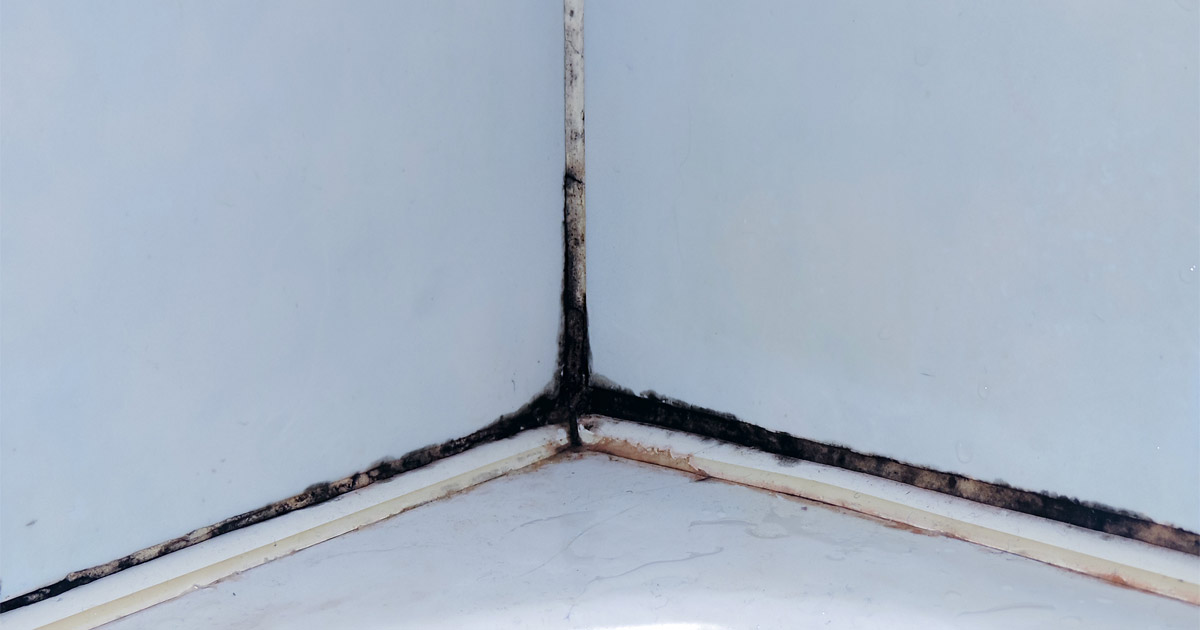MENU
- Home
- Overview
- Attorneys
- Practice Areas
- Firm News
- Blog
- Contact

Finding mold in a home, rented property, or business can be shocking and worrisome. Though small amounts of mold can be effectively removed without bringing in professionals, large amounts of mold may require extensive repairs and remediation.
Many people who have discovered unexpected pockets of mold and mildew wonder if they can or should sue for damages. This depends on the circumstances. However, everyone should first understand what makes mold a possible health, financial, and environmental concern.
Mold tends to grow in dark places exposed to high humidity and moisture. This is why many people find mold in dank basements, around roof leaks in attics, and along the baseboards and walls of bathrooms. Mold spores breed rapidly and destroy materials, including drywall, wood, and carpeting. Mold generally emits a subtle or strong odor that smells musty and slightly dirty. Even if the humidity and dampness change, mold will not necessarily go away on its own. Instead, mold spores will remain in a dormant state until conditions change and they can grow again.
Although some sources suggest that toxic mold is not a huge health problem, many scientists disagree. People who are sensitive to mold can develop allergic reactions, asthmatic responses, and respiratory issues if they are exposed to moldy places.
Small pockets of mold can be removed with special cleaners and solutions. However, bigger patches of mold may require the help of mold remediation specialists and construction professionals. For example, a piece of drywall that has been affected by mold will need to be removed, the area sanitized, and the drywall replaced. Therefore, mold removal can end up being a costly problem.
This is one of the reasons why an individual may want to pursue a lawsuit if they find mold. A successful suit might help offset most or all of the expenses related to mold remediation. However, suing may not be necessary if other steps are taken.
Not everyone who is exposed to mold experiences bad reactions. Nevertheless, some people report headaches, coughs, colds that will not go away, watery eyes, memory problems, fatigue, and even nosebleeds. Any symptoms should be evaluated by a physician to rule out other reasons for the problems.
A homeowners who discovers mold will want to contact their homeowner’s insurance provider. Many providers will help pay for mold removal, only charging the homeowner the deductible. It should be noted, though, that some policies clearly state that long-term mold damage is not covered. Therefore, a homeowner should inspect and know their policy terms.
A person who is renting a home should tell their landlord or property manager about the mold. This gives the person who owns the apartment, condo, townhouse, or home a chance to fix the situation.
Employees who work in businesses with obvious signs of mold need to alert their employers to the problem. This allows the employer to take the necessary steps to evaluate the mold situation and get help.
If the mold is not being properly taken care of, a person may talk to a lawyer for help with an environmental toxic tort claim. An attorney will work hard to make sure that living or occupational locations are safe and healthy for workers and the public.
Homeowners who are turned down by their homeowner’s insurance and think the mold could be related to poor construction practices may also want to call an attorney. Although winning a mold-related lawsuit can be challenging, it can be worth the effort if the mold is widespread and has led to medical and financial hardships.
Did toxic mold lead to financial and medical problems for you or a family member? Exercise your legal rights by speaking with one of our Wilmington environmental lawyers at Jacobs & Crumplar, P.A. Call us at 302-656-5445 or contact us online for a free consultation, Located in Wilmington or Millsboro, Delaware, we serve clients throughout Dover, New Castle County, and Sussex County.